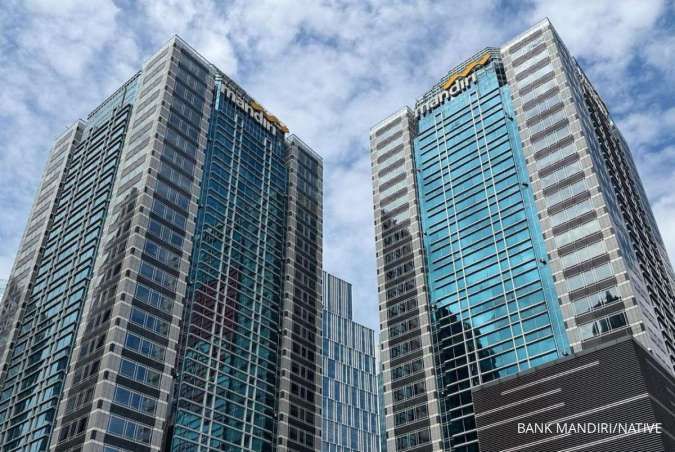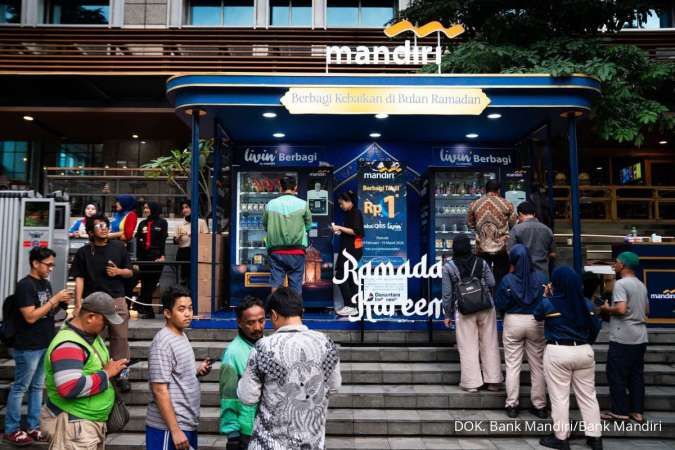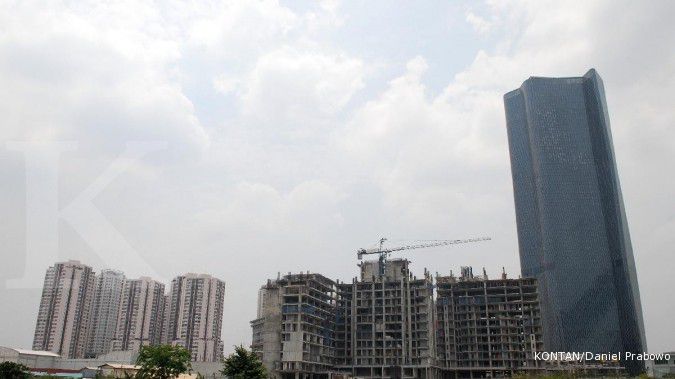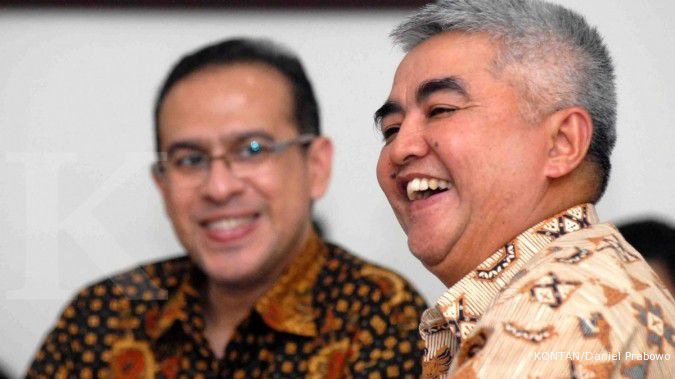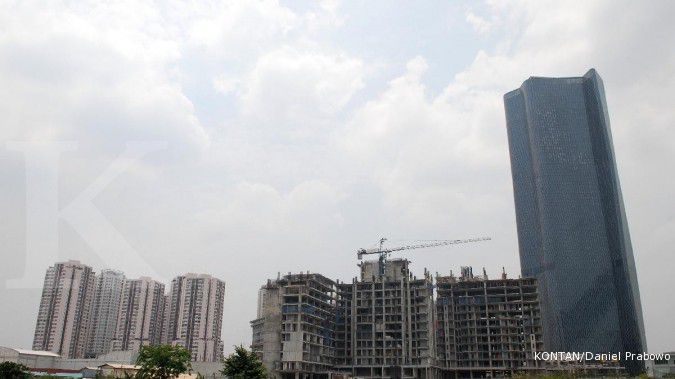JAKARTA. Ailing property developer PT Bakrieland Development has sold a substantial amount of land to state-owned oil company PT Pertamina, helping the former to get back in the black. According to Bakrieland’s overdue first half (H1) yearly financial report, the company, through its subsidiaries PT Bakrie Swasakti Utama and PT Superwish Perkasa, has sold a 35,630 square meter plot of land — located in the Karet area of South Jakarta — to Pertamina. The deal is worth Rp 802 billion (US$70 million). Pertamina recently said it planned to build a 99 story tower. Pertamina spokesperson Ali Mundakir confirmed on Friday the company would build the tower on the land bought from Bakrieland. Ali said the tower was expected to be completed by 2018 and cited it was part of the company’s plan to grow into a world class company by 2023. “[The Pertamina Tower] will be used as the headquarters of our company, in which the parent firm and its subsidiaries will share the same building,” he said in a text-message, citing the firm planned to begin ground breaking in December this year. Bakrieland has sold a number of its assets recently, which the company said was an attempt to focus on its core business and divest assets that were unable to give a fast return to the company, which is struggling to settle a number of debts. Apart from the selling land to Pertamina, Bakrieland also recorded in its June financial report the sale of 23,829 square meters of land, also located in the Karet area, to PT Sinar Mas Teladan, which is part of Jakarta-listed developer PT Bumi Serpong Damai, for Rp 865.68 billion. Bumi Serpong Damai director Hermawan Widjaja has said the company would develop high rise buildings, which would likely be apartment offices and other commercial premises, on the land. Prior to the sales to Pertamina and Sinar Mas Teladan, Bakrieland also divested a number of assets, including its toll road unit and resort unit. The selling of these assets became the main contributor to Bakrieland’s surging revenue, its financial report showed. The company reported Rp 2.33 trillion in revenue during the first six months of the year, a massive increase compared to Rp 926.36 billion in the same period last year. Out of the total revenue during the January to June period of the year, Rp 1.9 trillion came from the sale of land, housing and apartments, according to the report. Given the growing revenue, Bakrieland booked Rp 703.67 billion in net profits at the end of the first quarter, a significant improvement from a net loss of Rp 81.16 billion in the same period last year. The management said in an attempt to maintain its operations, Bakrieland planned to seek new loan facilities offering a lower interest rate and divesting more assets, given the slow turnover of investments. For its short term loan, the company is planning to pay part of the debt through its internal cash, refinancing it and negotiating payment of part of it. The company had Rp 7.32 trillion in liabilities as of the end of June. Bakrieland said Rp 2.56 trillion of those liabilities would mature this year. The company’s funds amounted to Rp 433.29 billion as of the end of June, only about 16.9 percent of its total debts that are to mature by year end. Bakrieland recently avoided a legal issue relating to the suspension of debt payment, known as PKPU. (Raras Cahyafitri and Amahl S. Azwar)
Bakrieland sells land to Pertamina in US$70m deal
JAKARTA. Ailing property developer PT Bakrieland Development has sold a substantial amount of land to state-owned oil company PT Pertamina, helping the former to get back in the black. According to Bakrieland’s overdue first half (H1) yearly financial report, the company, through its subsidiaries PT Bakrie Swasakti Utama and PT Superwish Perkasa, has sold a 35,630 square meter plot of land — located in the Karet area of South Jakarta — to Pertamina. The deal is worth Rp 802 billion (US$70 million). Pertamina recently said it planned to build a 99 story tower. Pertamina spokesperson Ali Mundakir confirmed on Friday the company would build the tower on the land bought from Bakrieland. Ali said the tower was expected to be completed by 2018 and cited it was part of the company’s plan to grow into a world class company by 2023. “[The Pertamina Tower] will be used as the headquarters of our company, in which the parent firm and its subsidiaries will share the same building,” he said in a text-message, citing the firm planned to begin ground breaking in December this year. Bakrieland has sold a number of its assets recently, which the company said was an attempt to focus on its core business and divest assets that were unable to give a fast return to the company, which is struggling to settle a number of debts. Apart from the selling land to Pertamina, Bakrieland also recorded in its June financial report the sale of 23,829 square meters of land, also located in the Karet area, to PT Sinar Mas Teladan, which is part of Jakarta-listed developer PT Bumi Serpong Damai, for Rp 865.68 billion. Bumi Serpong Damai director Hermawan Widjaja has said the company would develop high rise buildings, which would likely be apartment offices and other commercial premises, on the land. Prior to the sales to Pertamina and Sinar Mas Teladan, Bakrieland also divested a number of assets, including its toll road unit and resort unit. The selling of these assets became the main contributor to Bakrieland’s surging revenue, its financial report showed. The company reported Rp 2.33 trillion in revenue during the first six months of the year, a massive increase compared to Rp 926.36 billion in the same period last year. Out of the total revenue during the January to June period of the year, Rp 1.9 trillion came from the sale of land, housing and apartments, according to the report. Given the growing revenue, Bakrieland booked Rp 703.67 billion in net profits at the end of the first quarter, a significant improvement from a net loss of Rp 81.16 billion in the same period last year. The management said in an attempt to maintain its operations, Bakrieland planned to seek new loan facilities offering a lower interest rate and divesting more assets, given the slow turnover of investments. For its short term loan, the company is planning to pay part of the debt through its internal cash, refinancing it and negotiating payment of part of it. The company had Rp 7.32 trillion in liabilities as of the end of June. Bakrieland said Rp 2.56 trillion of those liabilities would mature this year. The company’s funds amounted to Rp 433.29 billion as of the end of June, only about 16.9 percent of its total debts that are to mature by year end. Bakrieland recently avoided a legal issue relating to the suspension of debt payment, known as PKPU. (Raras Cahyafitri and Amahl S. Azwar)
